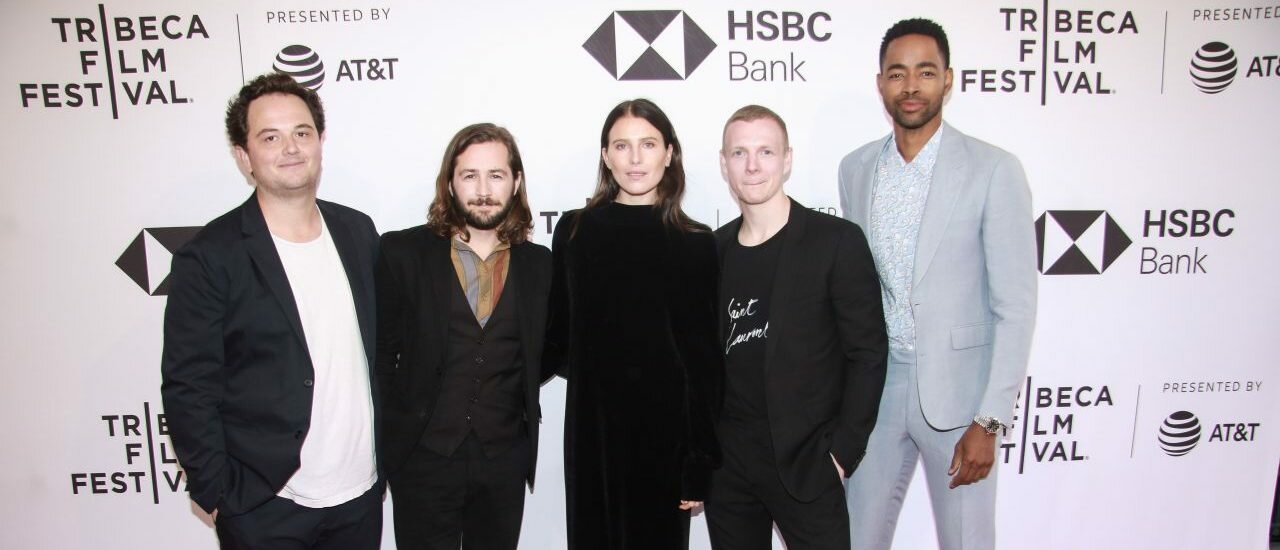by Jared Chinigo
Adapted from the novel by Joe Hill, “Horns” tells the story of Ig Perrish (Daniel Radcliffe), a 26-year old man who becomes the prime suspect when his longtime girlfriend Merrin (Juno Temple) is found raped and murdered in the woods. Though not officially charged with the crime, Ig is guilty in the eyes of the townspeople, who condemn him for ending the life of a beloved local girl. After a night of drinking, he awakes the next morning to find a pair of horns growing from his head, which cause people to confess their darkest thoughts to him. With an increasing number of diabolical powers at his disposal, Ig begins to unravel the mystery behind the murder in order to clear his name and exact revenge on Merrin’s killer.
It should be mentioned that the mystery itself is fairly intriguing. While it’s not the same kind of picture as “Mystic River,” it features flashbacks that establish the characters’ backstories and provide the same epic scope present in the aforementioned film. Keith Bunin’s script juggles humor, horror, and—thanks to some smaller moments that counterbalance the outrageous set-pieces—compelling character growth. Under the direction of rising star Alexandre Aja, the novel is translated to the screen with a very clear vision. “Horns” is a slight departure from his previous work—which includes “Mirrors” and the 2006 remake of “The Hills Have Eyes”—because, despite it’s trappings, it fits much more easily under the label of black comedy than horror. That’s not to say this is light entertainment though; there are some genuinely disturbing moments, particularly a rape scene that will leave more than a few viewers uncomfortable. The majority of the humor is found at the beginning of the movie, as each revelation takes the story into darker territory and leave fewer opportunities for jokes. It is therefore to Aja’s credit that he’s able to establish a tone that, for the most part, succeeds in evolving with the film.
The supporting actors all give great performances—particularly Juno Temple and Joe Anderson—however, this is Daniel Radcliffe’s film. Just three years ago, he was the bespectacled boy-wizard Harry Potter, but “Horns” firmly distances him from his most famous role. His performance here is easily the best of his short career. Rather than coming across as angst-ridden and one-dimensional, Ig is honest, tortured, and deeply sincere—Radcliffe plays him with genuine emotion, and it shows throughout his transformation into reluctant villain. On the subject of villains, it’s worth noting that the actual murderer is one of the film’s major drawbacks. Not only is the killer’s identity revealed rather abruptly, but the actor portraying him does so in an over-the-top, exaggerated manner. Though the film isn’t incredibly nuanced, this actor’s performance is so overblown that it’s distracting—particularly during some of the most climactic scenes.
The film has a beautiful, dark aesthetic, thanks to veteran cinematographer Frederick Elmes. He’s previously worked on a number of David Lynch films—including “Eraserhead,” “Wild at Heart,” and “Blue Velvet”—and he brings some of the same visual cues to “Horns.” There’s a shot during an early scene where the camera slowly descends from the serenity of the forest into the filthy earth below. This ties in nicely to the film’s theme of grotesque secrets being hidden in all of us, and—despite the presence of other ideas such as redemption and owning your personal demons—there’s very little subtlety in “Horns.” Details in the sets and costumes serve as amusing extensions of the film’s religious undertones, however—like the development of the film’s themes—these are very overt.
“Horns” is a unique blend of horror and humor, with a satisfying mystery and beautiful aesthetic. While there are some awkward and uncomfortable moments, the film is mostly a success—due in large part to it’s outrageous premise and Daniel Radcliffe’s brilliant portrayal of Ig.
Score: 7/10





0 Comments